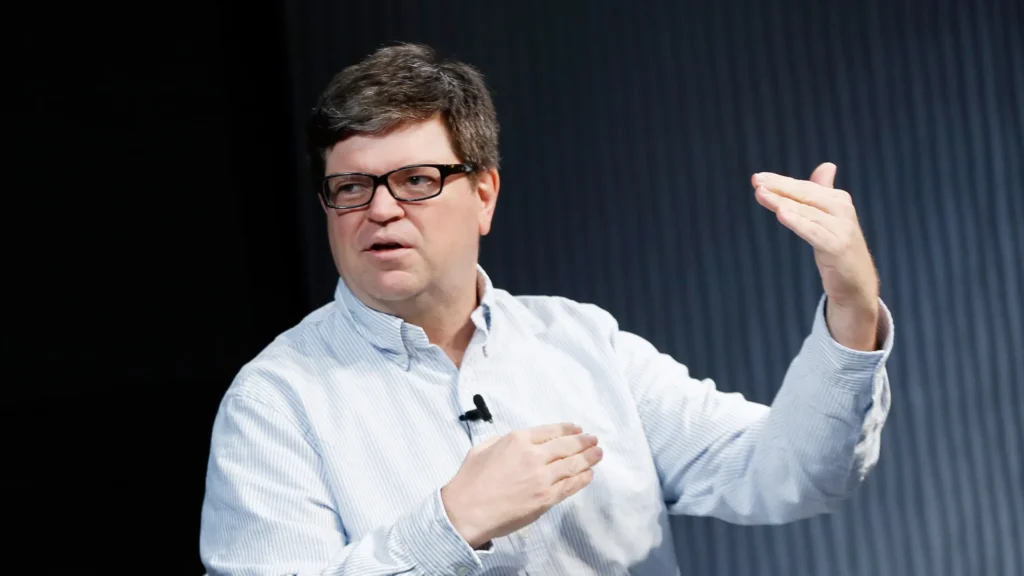Yann LeCun leaves Meta to found an anti-LLM startup focused on world models
A major shift in the AI ecosystem: Yann LeCun, Chief Scientist at Meta AI and a pioneering figure in deep learning, is leaving the company to start his own venture.
The goal? To push beyond the current limits of generative AI and develop systems capable of understanding the physical world, reasoning, and planning — far surpassing the capabilities of language models.
Yann LeCun: A Departure Amid Internal Tensions at Meta
According to sources close to the matter, as reported by Bloomberg, Yann LeCun has been facing increasing challenges with Meta’s strategic direction over the past few months. The company has reorganized its teams around a dedicated generative AI division, partially led by new talent like Shengjia Zhao (former OpenAI), gradually sidelining LeCun.
This repositioning reflects Meta’s desire to accelerate its focus on the highly competitive field of ChatGPT-like models — a direction that no longer aligned with LeCun’s vision.
While Meta accepts the departure of its star scientist, it will not let go of his influence: the company plans to license technologies developed by the future startup, a trend becoming common in the industry (Microsoft/OpenAI, Google/Anthropic, etc.).
LeCun Aims to Build “World Models,” Not Giant Chatbots
For years, Yann LeCun has openly criticized the industry’s reliance on giant LLMs. In his view, they cannot lead to true intelligence:
- they don’t understand the world,
- they don’t learn causality,
- and they remain incapable of planning like an animal — “current systems are less intelligent than a cat,” he often states.
LeCun advocates for a different approach: world models, AI systems grounded in perception (vision, video, audio), able to learn the dynamics of the real world.
At FAIR, he initiated this direction with projects like V-JEPA-2, a video model that learns the physics of interactions rather than just predicting pixels.
His startup will continue this pursuit: a more fundamental and demanding research agenda aimed at what he describes not as “AGI” but rather Advanced Machine Intelligence — an intelligence that is non-threatening, collaborative, and useful.
A Departure Coinciding with Meta’s Own AI Restructuring
LeCun’s decision comes as Meta intensifies its ambitions in the realm of “superintelligence.” Mark Zuckerberg recently recruited key researchers Jason Wei and Hyung Won Chung from OpenAI.
The timing suggests that Meta is eager to accelerate on the giant generation front, while LeCun is opting for an “anti-LLM” path.
This ideological split clarifies two very different visions:
- Meta aims to push even larger models integrated into its products.
- LeCun wants to create an AI that manipulates physics, not just text.
An Independent Startup, but Interconnected
In an internal memo, Yann LeCun stated that the technologies developed by his new company could be licensed to Meta but also applied to various sectors: robotics, industry, advanced simulation, automation, etc.
This is less a break and more a strategic decentralization: Meta bets on generative AI, while LeCun focuses on physical cognition — yet both will maintain a connection.
With this departure, the AI industry faces two opposing visions:
- The LLM paradigm, despite LeCun’s views, continues to dominate commercial innovation.
- The “world model” paradigm, still emerging, may represent the future of AI capable of action and understanding.
If LeCun’s approach proves successful, it could redefine the race for artificial intelligence — and shake the dominance of text-centric models.
The debate has begun, and this separation from Meta could indeed signal the dawn of a new era in fundamental research.




